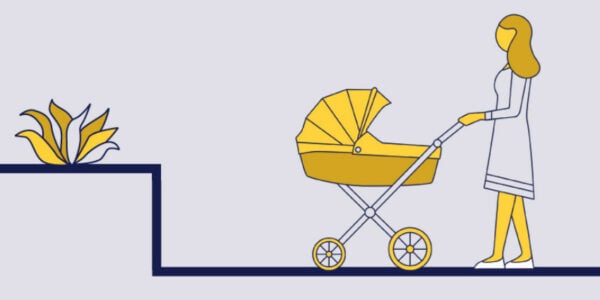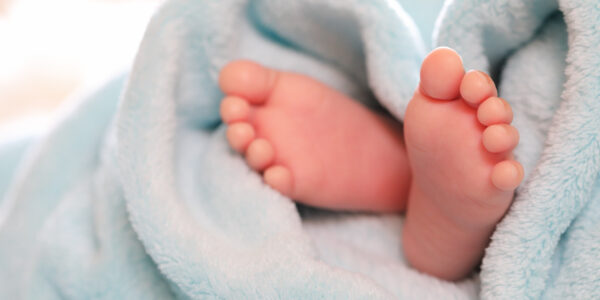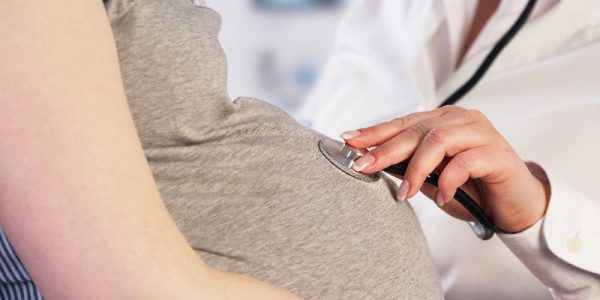About the study
The Family Justice Data Partnership’s initial report on infants and newborn babies subject to care proceedings under Section 31 (s.31) of the Children Act 1989 revealed the scale and rising number of babies subject to care proceedings in Wales, notably in the first year of life (Alrouh et al. 2019). This prompted some pressing questions, including what might be done to prevent infants being removed from their mothers’ care.
Using population-level data collected routinely by Cafcass Cymru (a Welsh government organisation that represents children’s best interests in family justice proceedings) and maternal health records, subsequent analysis uncovered that over half of mothers involved (53%) self-reported an existing mental health disorder at their initial antenatal assessment, while three-quarters (77%) had a mental health-related GP or hospital contact or admission recorded in their health records prior to the child’s birth (Griffiths et al. 2020a).
In this paper we uncover the nature or type of mental health disorders experienced, including common mental disorders such as anxiety and depression, autism spectrum disorder, attention deficit hyperactivity disorder, development disorder, conduct disorders, eating disorders, and severe mental illness such as schizophrenia and bipolar disorder.
Readers wishing to understand the current Welsh policy context should refer to Born into Care: One Thousand Mothers in Care Proceedings in Wales (Griffiths et al. 2020a), which sets out why understanding maternal mental health is critical to prevention and reducing care proceedings.





